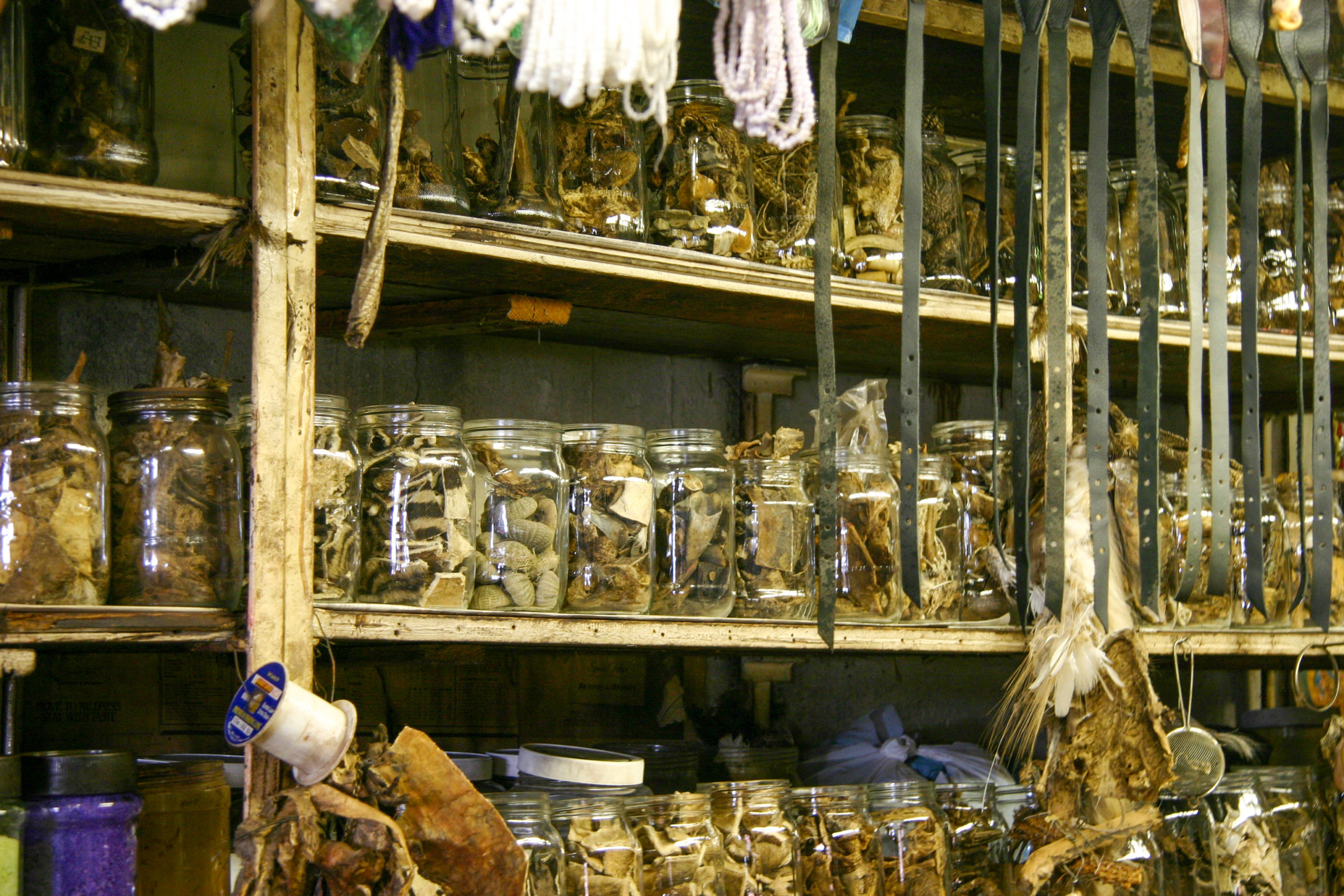What is curanderismo and where is it practiced? How does it connect to the borderlands? Is it a “folk” religion, and what exactly does that mean? For our first episode on curanderismo, RSP co-editor Andie Alexander is joined by Brett Hendrickson, Jennifer Koshatka Seman, and RSP Features editor, Israel Domínguez. In this discussion, we explore issues of power, identity, historical narrative, cultural contact, race, and much more. Be sure to tune in!









